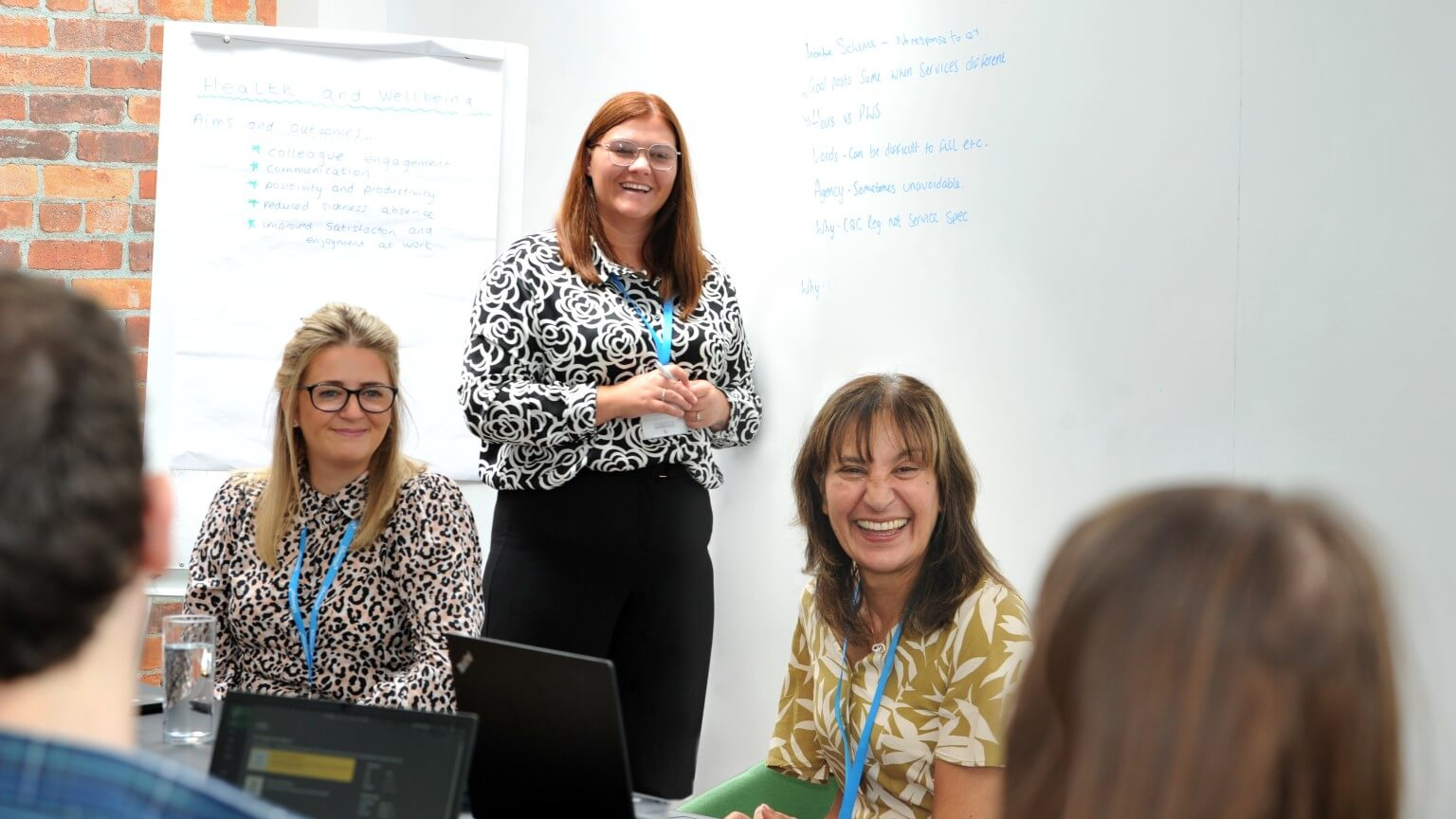The Role of an Area Manager
by Catherine Bircumshaw, Area Manager, Mental Health Division
What does an Area Manager at Lifeways do?
I have overall responsibility for several services in the mental health division. My responsibilities include general oversight of services including line management responsibilities of Service Managers, monitoring of quality, compliance, and safety and engagement both within the organisation and externally with key stakeholders. All area managers in our division are also registered managers, so we must maintain a strong understanding of CQC requirements.
A big part of the role is communication - ensuring information flows effectively between services and senior leaders, and that decisions made centrally are understood and actioned locally. I’m also the point of escalation and support for service issues and development.
What does a typical week look like for you?
No week is the same. I split my time between visiting services, attending internal and external meetings, and carrying out quality and compliance work.
I work closely with managers on supervisions, appraisals, and development, and I’ll often sit in on team meetings. I also review audits, check incident reports through Radar, monitor quality via dashboards, and ensure paperwork is up to standard.
It's a mix of hands-on service work and strategic oversight.
How do you ensure quality and safety across your services?
Presence is vital. By visiting regularly, I can observe culture, communication, and support first-hand. I build relationships with team members and people we support to understand what's really happening.
We use dashboards and systems like Radar and HRIS, but we don’t rely on data alone - I dig into the quality behind the numbers. We also work closely with our risk and quality teams, and involve external stakeholders when needed.
It’s about transparency, asking the right questions, and supporting managers to improve practice, not just monitor it.
What qualifications or experience do you need for this role?
Ideally, you’ll have a Level 5 qualification in Leadership in Health and Social Care or be willing to work towards it. I’m currently doing the Level 7 in Executive Leadership.
Experience-wise, you need to have managed teams and ideally managed managers, which is quite different - it requires a strategic mindset, confidence to challenge, and the ability to support people through difficult situations.
You also need to be calm under pressure and comfortable liaising with commissioners, external professionals, and senior leaders.

How do you develop and lead your team?
It starts with understanding each person’s aspirations, some people want to progress, others want to grow in their role. We support both.
Most of my team have progressed internally, and we’ve helped support workers access management qualifications by thinking creatively about criteria. We’ve recently introduced Individual Development Plans for managers, deputies, and support team members.
Training is embedded into the culture of my area - it creates a real buzz. We focus on meaningful development, not just ticking boxes.
What are the biggest challenges and highlights?
Highlights include watching people grow, seeing teams become more confident and values-driven, and witnessing genuine collaboration. Challenges are often external – such as when someone needs support and services are overstretched, or we hit delays with funding or placements.
Internally, navigating a large organisation can be hard at first. But we don’t accept blockages - we keep asking questions until we get what’s needed. Leading in this environment means balancing empathy with persistence.
Seeing the difference we make, whether it's someone flourishing in a service, avoiding hospital, or growing in confidence, is why I do this job. I’ve seen support workers become managers, get distinctions in their diplomas, and really change their lives. It’s about seeing people - those we support and those we employ - achieve what they thought they couldn’t.
Catherine shares what makes the role rewarding for her
How to become an area manager?
If you’re looking for an area manager role, please take a look at our available roles. We have many exciting opportunities across the country. You might also like to read our blog to find out more about what a career in supported living is like.
If you have any questions about becoming an area manager in one of our many Lifeways locations, please feel free to get in touch.

